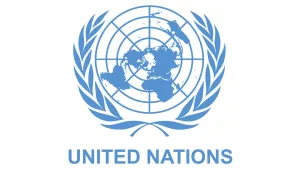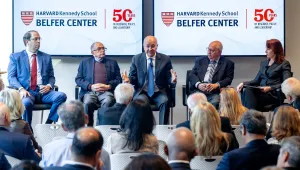Research & Analysis
We conduct research to advance public policy and build capacity in the Middle East to enhance the lives of all the region’s peoples.
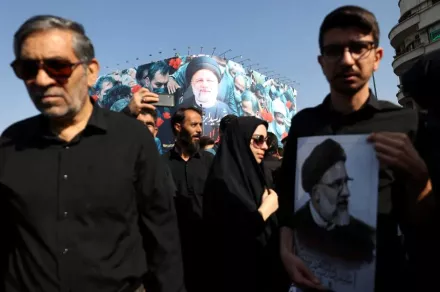
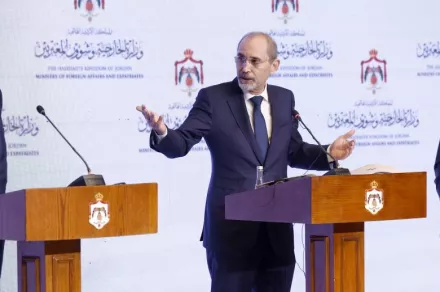
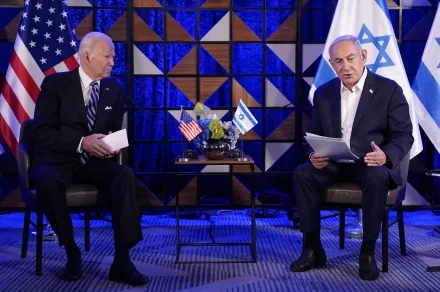
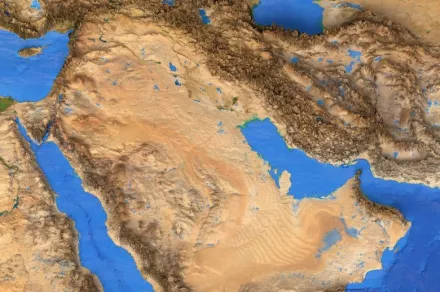

The Death of an Iranian Hard-Liner
The sudden death of Iranian President Ebrahim Raisi in helicopter crash on May 19 marked a momentous day for the Islamic Republic. His presidency ushered in a new era for his country, characterized by increased militarization abroad and growing tumult at home. Not since the 1979 revolution had Iran's political system faced such a fast-paced transformation. Externally, the country surprised the world with its military capabilities and its willingness to deploy them. Internally, Iran grappled with rising secularization, putting society at odds with the government. These shifts meant that the Iran that exists today is very different from the one that existed when Raisi came to power just three years ago.

The Day-After Peace in Gaza Will be Fragile. Here’s How to Make it Work.
Israeli Prime Minister Benjamin Netanyahu is facing increased pressure to agree to a hostage and cease-fire deal, including from close allies like President Biden, Benny Gantz and Yoav Gallant. But key to any long-term cease-fire is the question of who will police the Gaza Strip the next day. In some ways, it is easier to imagine a “day after the day after.” It entails a reformed, legitimate Palestinian Authority that takes control of both the West Bank and Gaza and engages in serious negotiations for a two-state solution. But how to get there? How will the transition between a cease-fire and the establishment of a revitalized Palestinian Authority be managed in Gaza?

U.S.-Israel Relations are at a Crossroads
In the wake of Iran’s unprecedented retaliation against Israel, following the latter’s attack against Iran’s embassy compound in Damascus, Syria, a major effort is being made to contain the conflict from expanding into a wider war.
The Biden administration has stated that it is not seeking escalation, and that its actions are defensive, but that then there must be a return to “the issue at hand.” Specifically, that means securing and ending the Gaza conflict, obtaining a ceasefire, the release of the hostages, and providing humanitarian assistance to the Palestinians in Gaza. In other words, focus on resolving the Israeli Palestinian conflict that sparked the Iranian-Israeli confrontation.

The Gulf Moment and the Making of the Khaleeji State
This paper argues for putting aside the old rentier state paradigm that has long dominated Gulf literature, considering the emergence of both the Gulf Moment and the United Arab Emirates Momentum (henceforth UAE Momentum). Instead, it offers a novel analytical concept of the Khaleeji state, incorporating both the exceptionalist and normalist approaches to Gulf studies. The Khaleeji state is also a way to comprehend the unfolding of the Gulf Moment. The term Gulf Moment indicates the profound influence that the Arab Gulf States (AGS) maintain over the rest of the Arab world at the turn of the twenty-first century. The UAE momentum is currently the main engine of the Gulf Moment.
The Gulf Moment is no longer driven by oil but influenced by good governance, ideological pragmatism, and adaptation to best global practices. The challenges facing the Gulf Moment include the demographic imbalance in the AGS— whereby its citizens are becoming a disappearing minority in their own countries—regional instability due to violence and armed conflict, and the region’s pending democratic transition.



